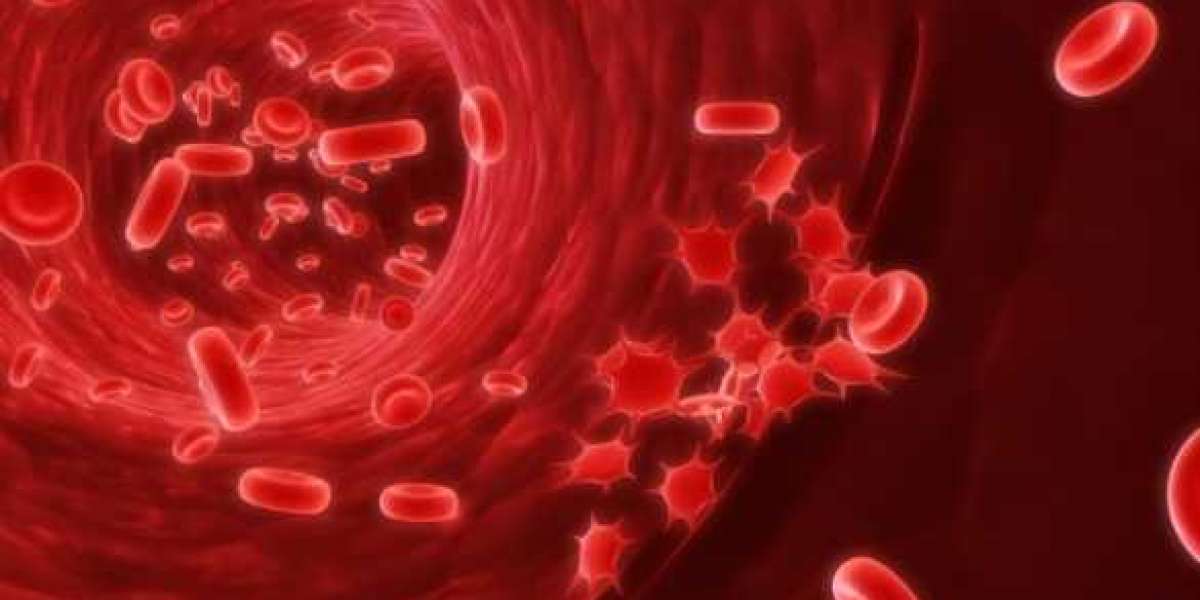Platelets (thrombocytes) are small blood cells that help with clotting and stopping bleeding. A normal adult platelet count is roughly 150,000 to 450,000 platelets per microliter of blood. If the count falls significantly below that, the condition is called thrombocytopenia, which can lead to easy bruising, bleeding gums, nosebleeds, and in severe cases internal bleeding.
Causes of low platelets include viral infections, auto-immune conditions, bone marrow disorders, nutrient deficiencies (e.g. B12, folate, iron), medications, or excessive platelet destruction. In many cases, when thrombocytopenia is mild and not associated with a dangerous cause, lifestyle and dietary measures may help support platelet recovery.
Below are natural strategies to support and possibly increase platelet count.
Natural Strategies to Boost Platelet Count
1. Nutrient-Rich Diet
A balanced diet supplying certain vitamins, minerals, and antioxidants is foundational.
a) Folate (Vitamin B9)
Folate is crucial for cell division and blood cell formation. Leafy greens (spinach, kale, collards), beans, lentils, asparagus, and fortified cereals are good sources.
b) Vitamin B12
A deficiency of B12 is often linked with low platelet count. Animal foods meat, liver, eggs, dairy, fish provide B12. Some fortified plant foods also help.
c) Iron
Iron is necessary for healthy hematopoiesis; when anemia is present, platelet production may suffer. Foods: red meat, poultry, lentils, beans, spinach, fortified cereals.
d) Vitamin C
Vitamin C helps platelet function and improves iron absorption. Include citrus fruits (oranges, lemons), kiwi, strawberries, bell peppers, broccoli.
e) Vitamin K
While vitamin K doesn’t necessarily increase platelet count, it is vital for proper clotting function. Leafy greens, broccoli, kale, spinach, and fermented foods are good sources.
f) Foods with specific platelet-boosting claims
Papaya leaf extract / juice / leaves: Several small studies suggest papaya leaf extract might help increase platelet counts in dengue or immune thrombocytopenia.
Wheatgrass juice: Some anecdotal reports and small studies claim it may help boost red/white blood cells and platelets.
Pomegranate, pumpkin, carrots, kiwi, berries: These supply antioxidants, vitamins, and iron, which may support platelet health.
Note: While these foods are safe in normal dietary amounts, high-dose extracts or supplements may interact with medications, so consult a physician before use.
2. Avoid Foods and Habits That Can Lower Platelets
Alcohol: Excessive alcohol intake suppresses bone marrow and can reduce platelet count.
Tonic water (quinine): Quinine has been linked in rare cases to platelet destruction.
Certain artificial sweeteners or additives: Some anecdotal reports link aspartame to thrombocytopenia.
High doses of some supplements: Some “green” or herbal supplements, if unregulated, might paradoxically worsen platelet counts; moderation is key.
3. Lifestyle and Supportive Measures
Adequate hydration: Staying well hydrated helps blood volume and circulation.
Regular gentle exercise: Moderate physical activity supports circulation and overall bone marrow function, though avoid excessive strain when platelet counts are dangerously low.
Good sleep and stress management: Chronic stress or poor sleep impairs immune and bone marrow functions.
Avoid toxins: Limit exposure to chemicals, pesticides, and smoking, which can harm bone marrow.
Monitor medications: Some drugs suppress platelet production; always review medications with your physician.
Supplements under guidance: In certain cases, physicians may prescribe folic acid, vitamin B12, or other hematopoietic support agents.
When Natural Measures May Not Be Enough
If platelet counts are extremely low or dropping fast, or if symptoms like severe bleeding, black tarry stools, or neurologic signs occur, medical intervention is necessary. Treatments may include corticosteroids, immunoglobulins, platelet transfusions, or treating the underlying condition. Dietary and lifestyle measures are supportive, but alone they often aren’t sufficient for serious thrombocytopenia. Always coordinate with a hematologist or physician.
Integrating the Keyword: Ceftriaxone Injection Distributors
For businesses in the pharmaceutical or medical supply chain, one may search for ceftriaxone injection distributors when dealing with antibiotic injectables. Distributors link manufacturers and end-users (hospitals, clinics). If someone in the medical or pharma domain is reading this, they might be interested in how platelet support could complement therapy in infectious conditions where antibiotics like ceftriaxone are used.
In that context, a hospital treating severe infection with a ceftriaxone injection may also monitor platelet counts, especially if the infection or antibiotic therapy influences blood parameters. Health providers sourcing antibiotics will seek reliable ceftriaxone injection distributors to ensure supply.
In India, for example, many manufacturers and suppliers of ceftriaxone injection are listed on trade or pharma directories. Furthermore, top ceftriaxone injection manufacturers and suppliers in India include companies such as medsupplier which may also act as a distributor or supplier for injectables.
If your target audience includes those in pharma or distribution, you can position this article as health educational content for medical staff and also include a footnote or appendix listing key ceftriaxone injection distributors or manufacturer contacts in India.








